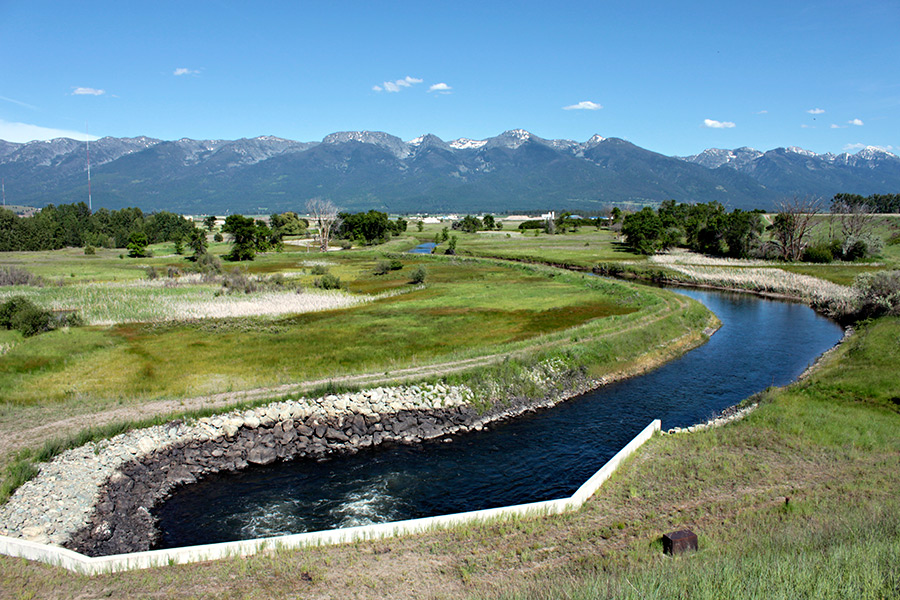While the Obama administration balked at the exorbitant price tag of the proposed Confederated Salish and Kootenai Water Compact, it supports its structure and the goal of obtaining a final settlement.
Alletta Belin, senior counsel to the deputy secretary of the Interior, told the Senate Committee on Indian Affairs June 30 that the $2.3 billion cost of the bill is “a significantly higher price tag than any enacted water settlement to date.”
The Department of Interior “cannot support the bill as introduced,” Belin said.
However, when asked by the bill’s sponsor, U.S. Sen. Jon Tester, D-Mont., whether the administration supports “coming to a final result and getting a final settlement,” Belin replied, “Most definitely, yes.”
The legislation would settle the claims of CSKT against the federal government for decades of neglect and mismanagement of tribal lands and waters. It also ratifies and provides funding for the negotiated water compact that defines the federally reserved water rights of the Tribes.
During the hearing, Tester addressed the importance of water rights certainty, a point echoed by U.S. Sen. Steve Daines. Tester also spoke of the need for Congress to act more decisively on these settlements rather than allowing them to languish.
“The CSKT pact is the seventh and last water rights compact passed by the Montana Legislature, and as we all know, once the tribes and state have finalized their agreement, it has to come here to be affirmed by Congress; a process which often takes too long,” Tester said. “Introducing this bill is the first step to getting the Tribes and the federal government to sit down and hammer out a final agreement.”
Belin said the CSKT Water Rights settlement was unlike any other she’d come across, in that on-reservation waters were being diverted out of streams that are critical to fisheries.
“I think this is a unique complication,” Belin said. “We have to actually protect the diversions out of the streams, and we also have to protect the flows in the streams. That’s very challenging.”
In addition to provisions in the compact that balance fishery stream flows and irrigation needs, the legislation proposes funding for stream restoration to remediate critical habitat for threatened or endangered fisheries.
She noted that while the administration completely supports the settlement of Indian water rights claims, it could not support the legislation at this time due to concerns about the total costs.
When asked by Tester what a reasonable timeline for the completion and approval of the CSKT water rights settlement would be, Belin indicated that, barring unforeseen developments, it could be accomplished within the next few years.
